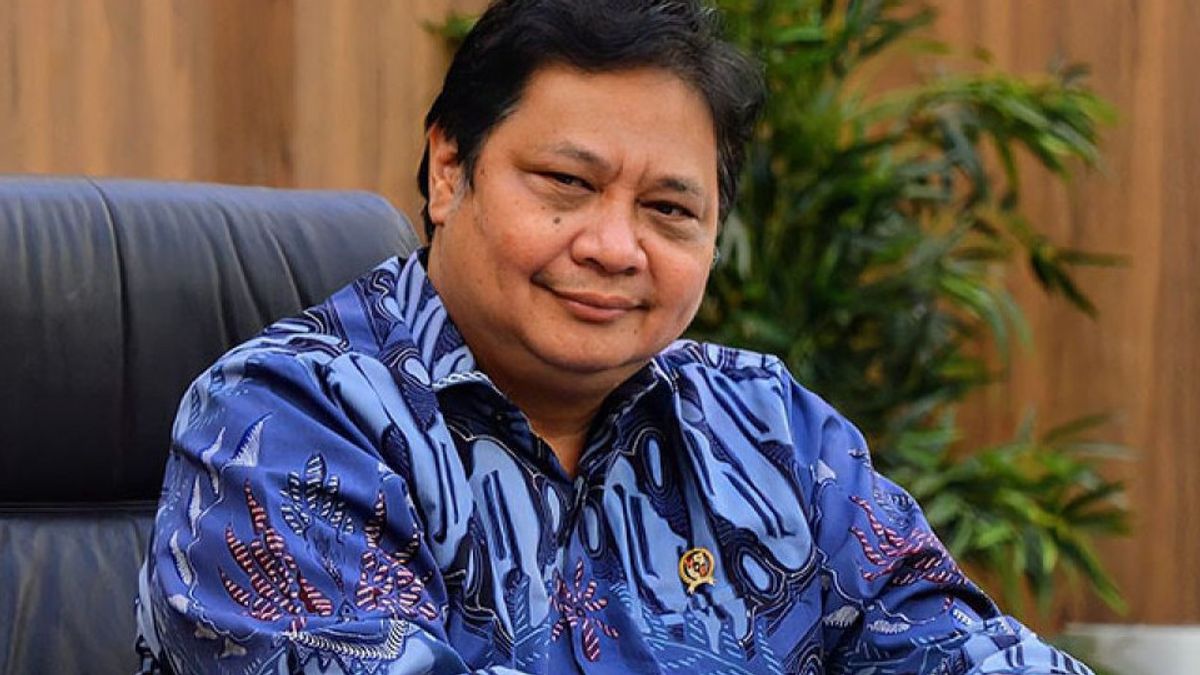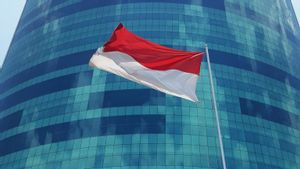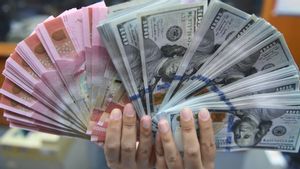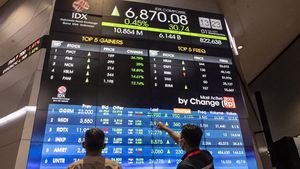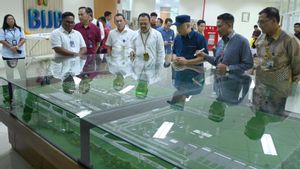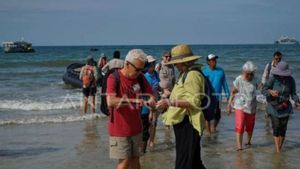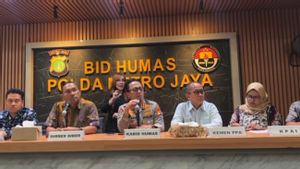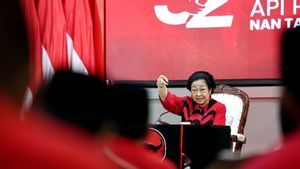Coordinating Minister for Economic Affairs Airlangga Hartarto revealed a scenario designed by the government to bring Indonesia to reach the 8 percent economic growth target, as targeted by President Prabowo Subianto.
This ambitious target refers to Indonesia's achievement in 1995, when economic growth once reached 8.2 percent.
"Mr. President hopes that Indonesia can grow at 8 percent, several countries have targeted at 8 percent, including our neighbors, Vietnam, and now they can reach around 7 percent", said Airlangga at the 2025 Economic Outlook Indonesia Business event in Jakarta, quoted from Antara, Tuesday, December 10.
To pursue this target, Coordinating Minister Airlangga explained that consumption, investment, and exports will become the main pillars. The government targets the consumption sector to be maintained in the growth range of 5-6 percent, targeted investment to grow 10 percent, and exports to be driven to grow 9 percent.
In addition, there are several sectors that are projected to be the driving force for growth, including manufacturing, especially through downstreaming industry, services and tourism, digital economy, green economy, semiconductor, and construction/residential.
"Now we are also encouraging the manufacturing sector, then also some exports of downstream natural resources and palm oil, and also from the manufacturing sector itself including the automotive sector," he said.
Nevertheless, there are major challenges that exist in increasing productivity and optimizing investment.
With the current portion of investment in gross domestic product (GDP) of 30.5 percent and the Incremental Capital Output Ratio (ICOR) at 6.5, economic growth is still in the range of 5 percent.
"But if our productivity can increase, we will continue to encourage better productivity factors. Then also if we continue to carry out connected infrastructure development between infrastructure bases and production areas, of course we can suppress ICOR further down," he explained.
The government is also encouraging labor-intensive and capital-intensive (capital deepening) investment, as well as increasing the allocation of funds to research, technology, and innovation as strategies to suppress ICOR.
With these strategic steps, Airlangga is optimistic that it can lead Indonesia to higher economic growth.
SEE ALSO:
Furthermore, Coordinating Minister Airlangga explained that the development of the Special Economic Zone (KEK) was also one of Indonesia's various initiatives in pursuing the 8 percent economic growth target.
The massive flow of incoming investment and industrial activities from the 24 SEZs that have been set by the government can spur higher economic growth.
"Therefore, in the last few years we have developed 24 SEZs, the investment is around Rp. 242.5 trillion and employs 151,260 people with business actors approaching 400 companies, now this SEZ is the key," he explained.
The performance of the SEZ for the third quarter of 2024 has recorded investment realization of IDR 68.43 trillion, with employment of 34,169 people.
The English, Chinese, Japanese, Arabic, and French versions are automatically generated by the AI. So there may still be inaccuracies in translating, please always see Indonesian as our main language. (system supported by DigitalSiber.id)
